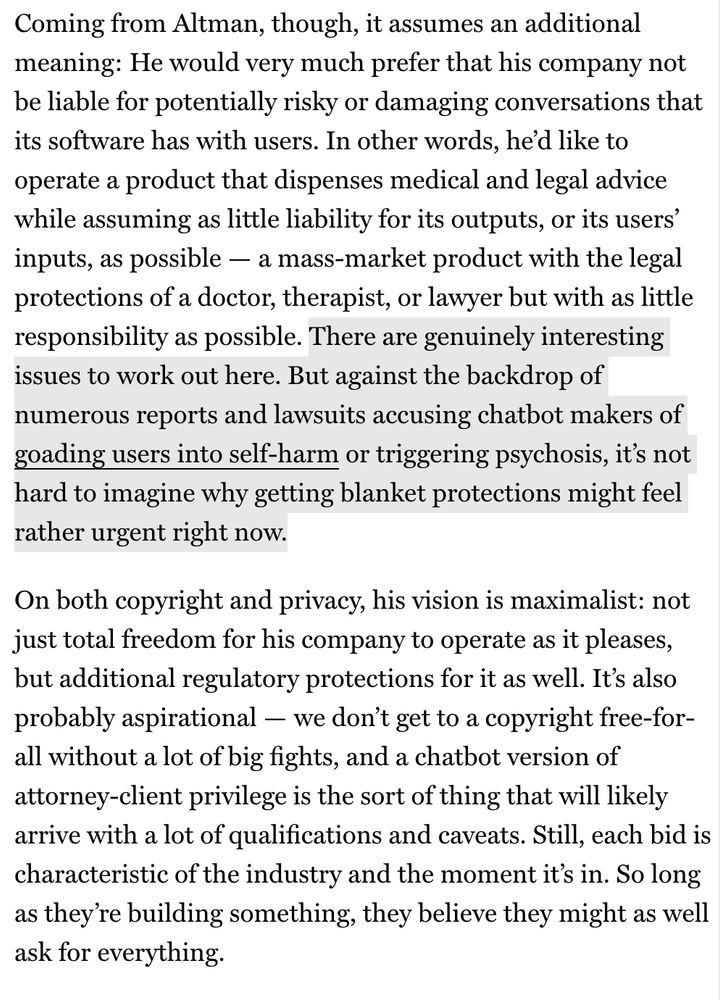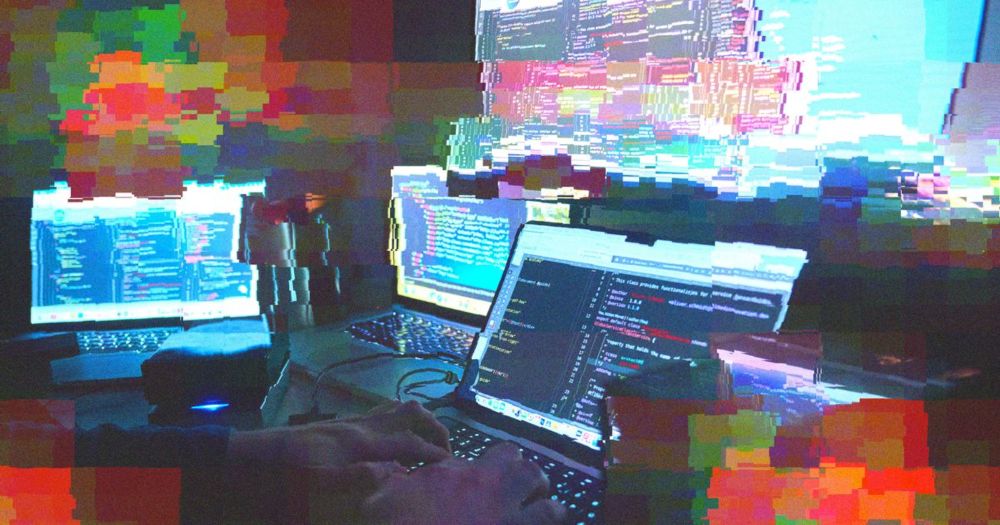John Herrman
@jwherrman.bsky.social
7.8K followers
550 following
590 posts
posting about posts at new york magazine. have me on your podcast!
Posts
Media
Videos
Starter Packs
Reposted by John Herrman
Reposted by John Herrman
John Herrman
@jwherrman.bsky.social
· Sep 4
John Herrman
@jwherrman.bsky.social
· Sep 4
Reposted by John Herrman

















